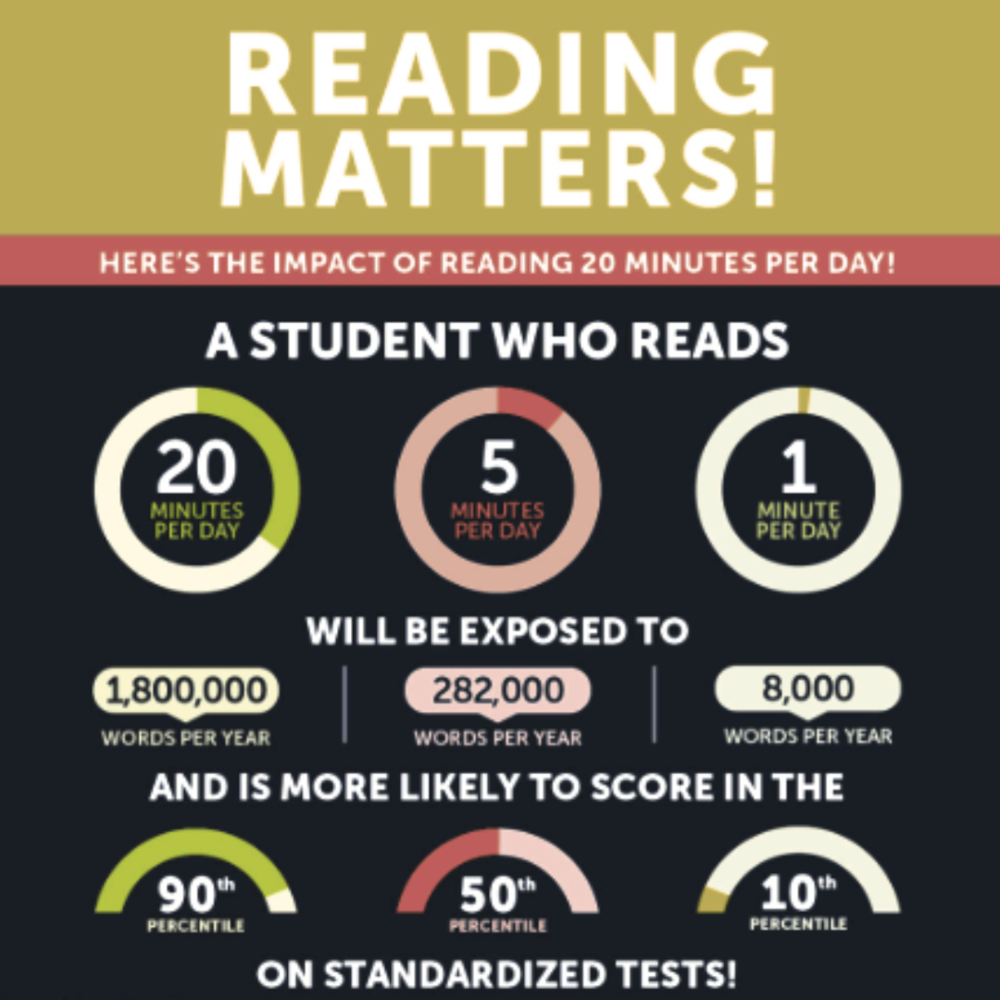The Power of 15 Minutes
Just 15 minutes of reading together each day can transform your child's entire educational journey. Research shows that children who are read to for just 15 minutes daily are exposed to over 1 million words per year, compared to only 282,000 words for children who aren't read to regularly.
The Magic Happens When:
Neural pathways strengthen in your child's developing brain
Vocabulary expands exponentially (up to 1,000 new words per year)
Reading comprehension skills develop naturally
Parent-child bonds deepen through shared stories
Love of learning becomes a lifelong habit
Age-Appropriate Reading Guidelines
Babies & Toddlers (0-2 years)
What to Read: Board books with simple pictures, nursery rhymes, books with textures
How to Read: Use animated voices, point to pictures, let them touch and explore the book
Key Benefits: Language development, sensory exploration, routine building
Quick Tips:
Make it interactive - let them turn pages (even if not in order!)
Repeat favorite books - repetition builds neural pathways
Read throughout the day, not just at bedtime
Preschoolers (3-5 years)
What to Read: Picture books with simple stories, books about their interests, alphabet books
How to Read: Ask questions about the story, let them predict what happens next
Key Benefits: Pre-reading skills, vocabulary growth, story comprehension
Quick Tips:
Follow their lead - if they're obsessed with dinosaurs, read dinosaur books
Point to words as you read to show how text flows
Act out stories together after reading
Early Readers (6-8 years)
What to Read: Easy chapter books, books they can partially read themselves
How to Read: Take turns reading pages, discuss characters and plot
Key Benefits: Reading fluency, confidence building, and critical thinking
Quick Tips:
Celebrate their reading attempts, even with mistakes
Choose books slightly above their reading level for read-alouds
Let them see you reading your own books
Independent Readers (9+ years)
What to Read: Chapter books, series, non-fiction on their interests
How to Read: Discuss themes, ask their opinions, share your thoughts
Key Benefits: Complex thinking, empathy development, academic success
Quick Tips:
Read the same book together and discuss it
Respect their reading preferences, even if different
Model reading by having your own reading time
For more visit: https://www.whufsd.com/page/district-literacy

